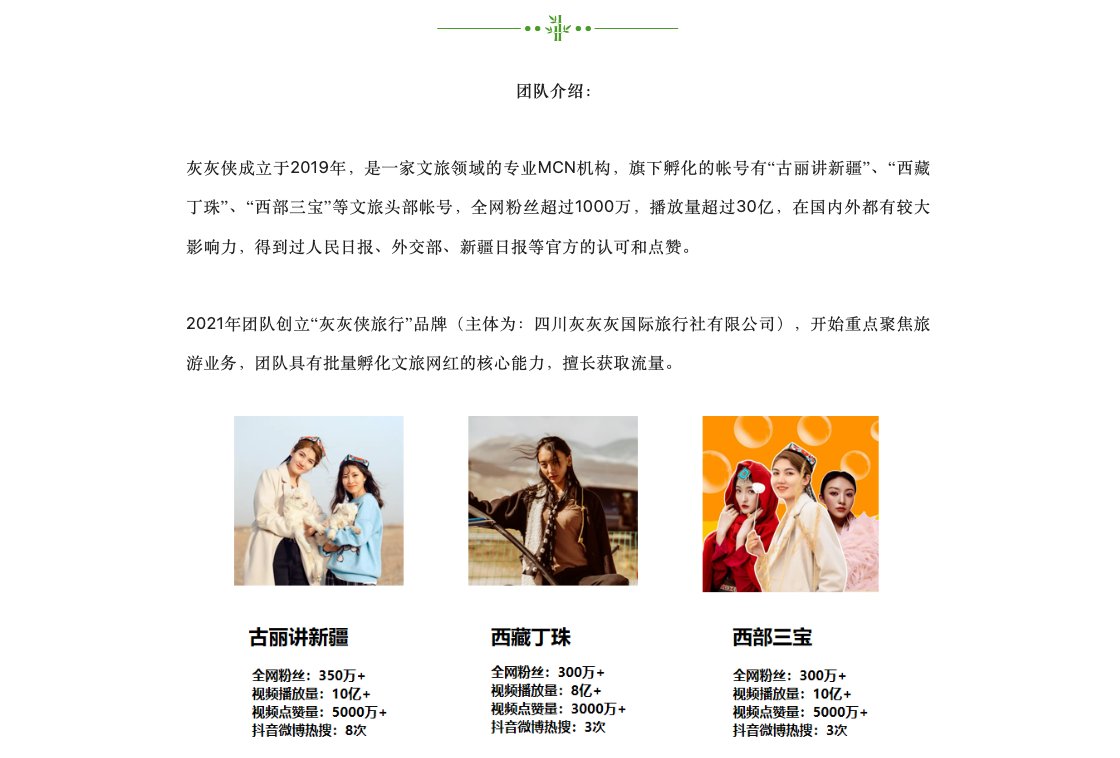🧵 How did foreign embassies/consulates in China & Hong Kong commemorate this year's #June4th #六四 #TiananmenSquareMassacre anniversary on social media?
These are only the examples we've come across. If we've missed any, please @ me.
These are only the examples we've come across. If we've missed any, please @ me.
First up, the Canadian Embassy in Beijing posted a picture of a candle on Weibo.
Helpfully, they cross-posted to Twitter & noted that it had been censored.
Helpfully, they cross-posted to Twitter & noted that it had been censored.
https://twitter.com/CanadaChina/status/1533285736652238848
The German Embassy in Beijing posted a picture of a candle on WeChat, according to @YaxueCao
It was censored very quickly, apparently.
It was censored very quickly, apparently.
https://twitter.com/YaxueCao/status/1532768915448909824
The British Embassy posted this article: 'Why is the Peterloo Massacre remembered in Britain?'
WeChat stopped users from being able to:
♢ copy the link
♢ send to chat
♢ share on Moments
♢ add to favs
♢ open in WeRead
♢ open in browser
♢ email it
archive.ph/lgRga

WeChat stopped users from being able to:
♢ copy the link
♢ send to chat
♢ share on Moments
♢ add to favs
♢ open in WeRead
♢ open in browser
♢ email it
archive.ph/lgRga


In Hong Kong, China's foreign ministry office sent warnings to a list of consulates "not to tweet/retweet or publicly say something about June 4," as one European diplomat told SCMP.
scmp.com/news/hong-kong… scmp.com/news/hong-kong…
scmp.com/news/hong-kong… scmp.com/news/hong-kong…
Despite the warning, @EUinHKandMO posted this to Twitter & Facebook.
facebook.com/EUOfficeHongKo…
https://twitter.com/EUinHKandMO/status/1533040911185158146
facebook.com/EUOfficeHongKo…

The Polish consulate in Hong Kong posted this brilliant troll to Facebook.
facebook.com/PLinHongkong/p…
facebook.com/PLinHongkong/p…

June 4th also happens to be a day of celebration for democracy in Poland, so they posted this to Facebook too.
facebook.com/PLinHongkong/p…
facebook.com/PLinHongkong/p…

In my 2018 paper on Weibo diplomacy & censorship, I recommended that embassies publish transparency reports about how much they're being censored by Beijing.
Since we're still waiting on that, we still have to do it manually.

Since we're still waiting on that, we still have to do it manually.
https://twitter.com/fryan/status/999868854720385026

If you have more examples, @ me & I'll add them to this thread.
The Swiss embassy posted this to Weibo and was censored according to @martinaldro
https://twitter.com/swissembchina/status/1532935348745019392?s=21&t=GebRUhNYsoil0aYeFG_30Q
• • •
Missing some Tweet in this thread? You can try to
force a refresh












